Erdogan: why is Turkey's new president such a divisive figure?
Promising a 'new Turkey', the former prime minister is yet to silence his critics after over a decade in power
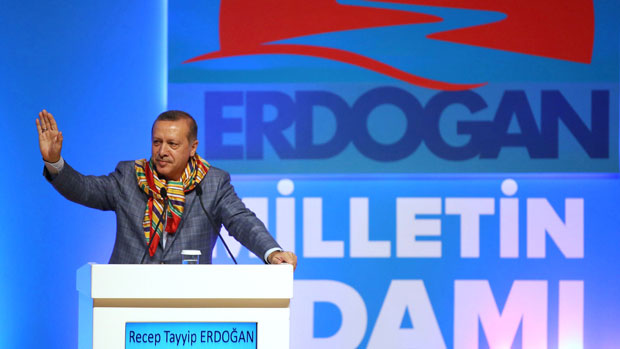
A free daily email with the biggest news stories of the day – and the best features from TheWeek.com
You are now subscribed
Your newsletter sign-up was successful
According to preliminary results, Recep Tayyip Erdogan has become Turkey's first directly elected president with almost 52 per cent of the vote in what is being called a milestone in the country's politics.
Erdogan has been Turkey's prime minister and leader of the Justice and Development Party for over a decade, but now he is set to take over as the country's president. The role used to be largely ceremonial, but Erdogan has said he wants to increase the powers held by the president in order to create a "new Turkey."
He remains a hugely popular but extremely controversial figure in Turkish politics. As his supporters continue to celebrate his victory on the streets, we look at the man facing the overwhelming challenge of uniting a deeply polarised country.
The Week
Escape your echo chamber. Get the facts behind the news, plus analysis from multiple perspectives.

Sign up for The Week's Free Newsletters
From our morning news briefing to a weekly Good News Newsletter, get the best of The Week delivered directly to your inbox.
From our morning news briefing to a weekly Good News Newsletter, get the best of The Week delivered directly to your inbox.
Why is he such a controversial figure?
Religion. His opponents accuse him of having strong Islamist leanings in the region's "most secular democracy". Many of them worry that he is "harbouring a secret agenda to turn Turkey into a religious state", Al Jazeera reports.
Censorship. He has also been criticised by human rights groups for attacks on freedom of speech after he blocked Twitter across Turkey earlier this year because of criticism and allegations of corruption being made by users of the site.
Corruption. The president has faced ongoing and widespread allegations of corruption, particularly in the run-up to the election. His opponents told the BBC that they believe he won "through chicanery, cheating, deception and trickery".
A free daily email with the biggest news stories of the day – and the best features from TheWeek.com
Sexism. Gulin Sonuc, a resident of the Kadikoy district told Al Jazeera she would not be voting for Erdogan because of his party's "backwards" views of women's role in society. "Erdogan once said he did not believe men and women are equal", she said. "Recently, [Deputy Prime Minister] Bulent Arinc said women should not laugh in public. Another MP once said [a] rape victim having [an] abortion was worse than the rapist. These all prove their backwards mentality".
Why has he received such strong support then?
Despite the criticism against him, Erdogan is the most popular and powerful ruler Turkey has seen since the country's founder Mustafa Kemal Ataturk was president in the 1930, the Wall Street Journal reports.
Erdogan has been credited with boosting the country's economy and improving standards of living. By reforming and modernising the country "faster than any of his predecessors" the people of Turkey have enjoyed "unprecedented prosperity".
Why should the West care who's in charge?
The US and the UK have been keeping a close eye on the politics in Turkey because of its "key geopolitical position", explains the BBC's Mark Lowen in Ankara. Turkey, located in between the conflicts in Syria, Iraq and Ukraine, is seen as a crucial Western ally in an increasingly volatile region.
-
 The ‘ravenous’ demand for Cornish minerals
The ‘ravenous’ demand for Cornish mineralsUnder the Radar Growing need for critical minerals to power tech has intensified ‘appetite’ for lithium, which could be a ‘huge boon’ for local economy
-
 Why are election experts taking Trump’s midterm threats seriously?
Why are election experts taking Trump’s midterm threats seriously?IN THE SPOTLIGHT As the president muses about polling place deployments and a centralized electoral system aimed at one-party control, lawmakers are taking this administration at its word
-
 ‘Restaurateurs have become millionaires’
‘Restaurateurs have become millionaires’Instant Opinion Opinion, comment and editorials of the day
-
 Luton Airport bendy buses join Ukraine war effort
Luton Airport bendy buses join Ukraine war effortfeature And other stories from the stranger side of life
-
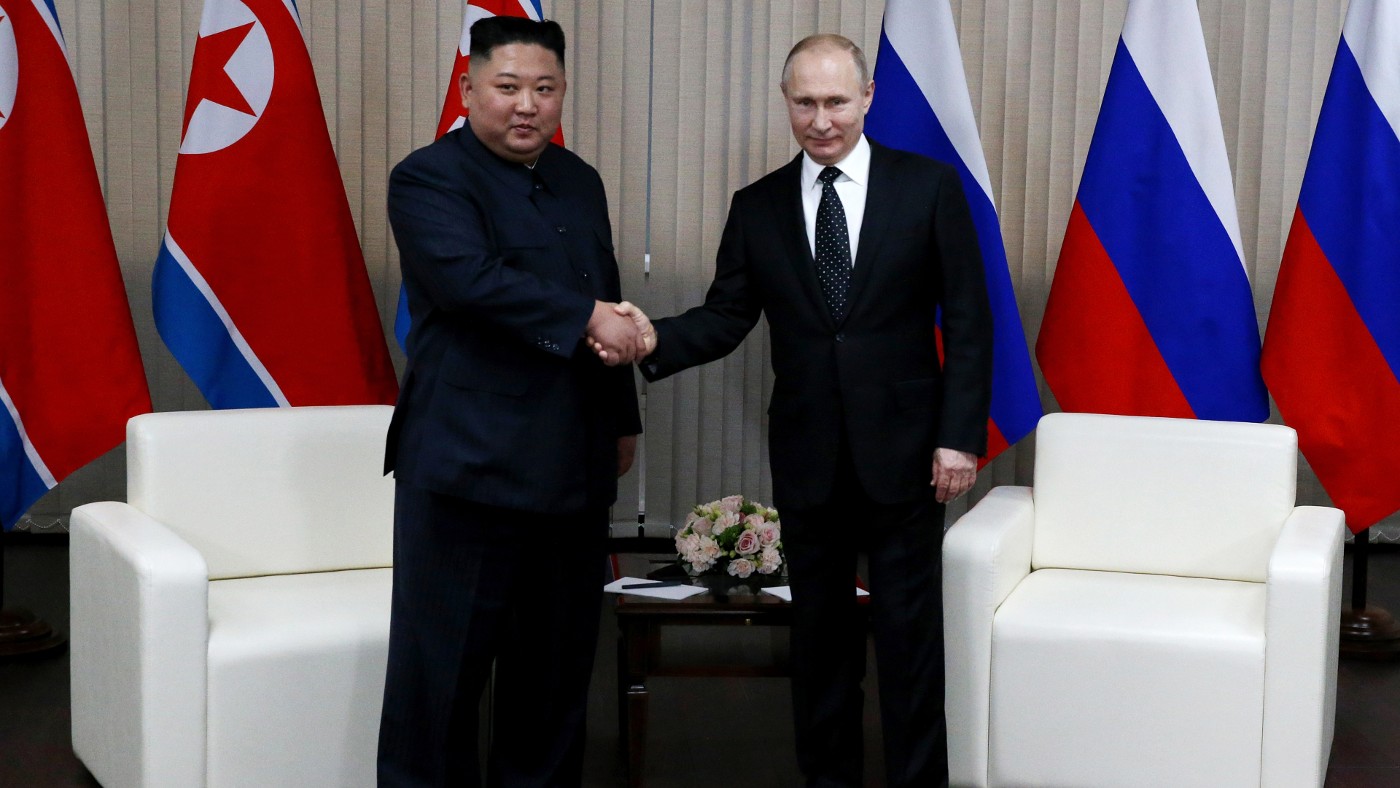 Would North Korean weapons tilt the war Russia’s way?
Would North Korean weapons tilt the war Russia’s way?Today's Big Question Putin wants to boost ‘depleted stocks’ but Pyongyang’s arms may be in poor condition
-
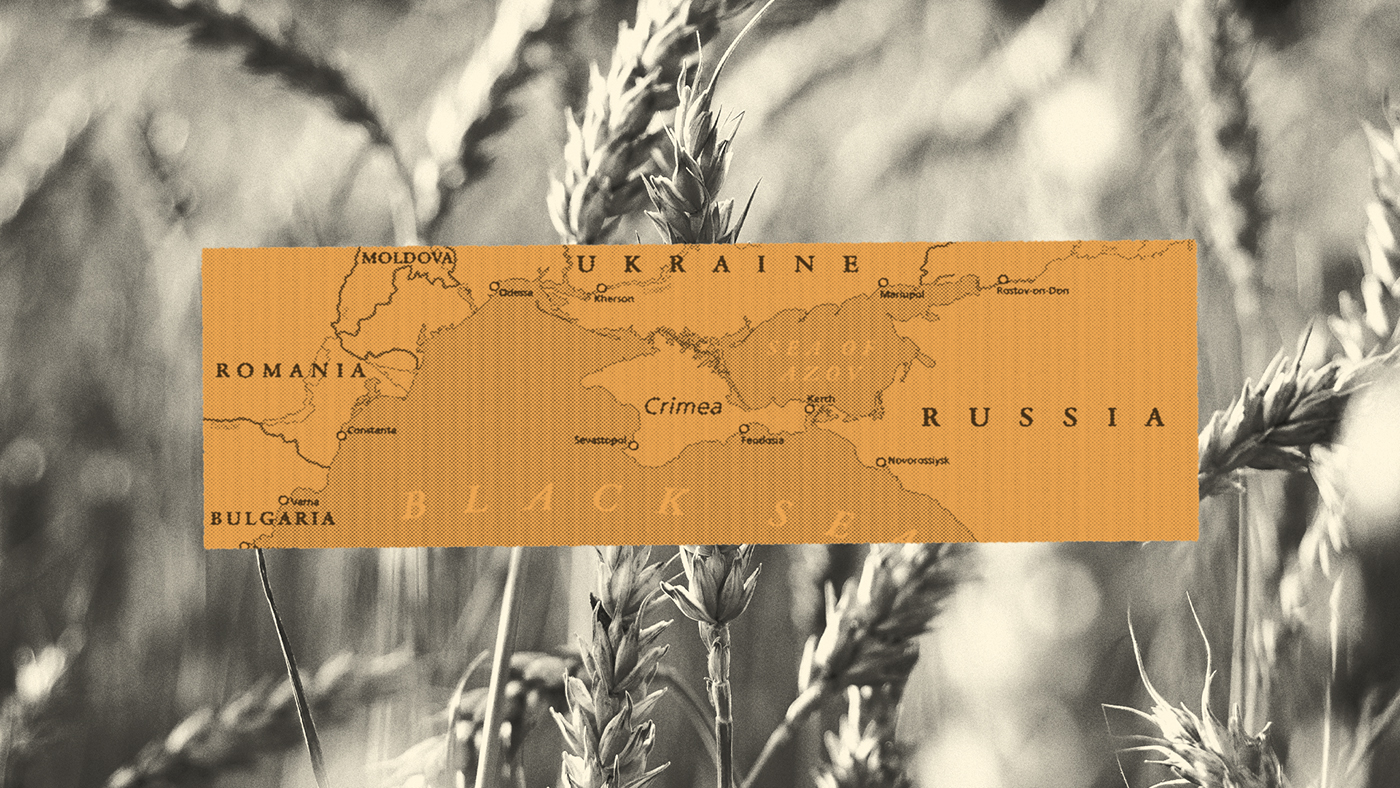 Can the Ukraine-Russia Black Sea grain deal be rescued?
Can the Ukraine-Russia Black Sea grain deal be rescued?Today's Big Question The Kremlin’s termination of agreement has sparked fears among food-insecure countries
-
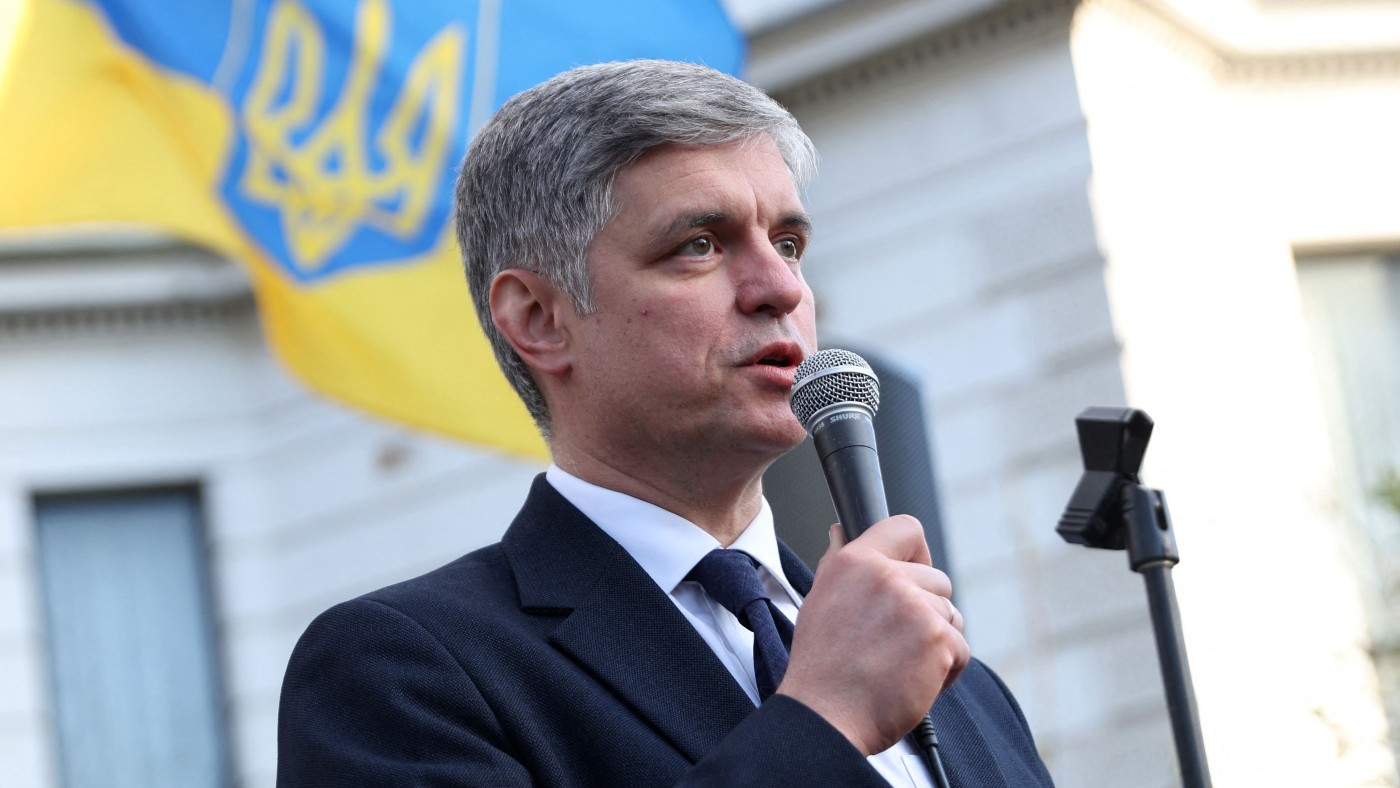 Zelenskyy sacks Ukraine ambassador to UK after sarcasm row
Zelenskyy sacks Ukraine ambassador to UK after sarcasm rowSpeed Read Vadym Prystaiko accused his boss of an ‘unhealthy sarcasm’ in response to British defence secretary Ben Wallace
-
 Why journalist deaths continue to rise around the world
Why journalist deaths continue to rise around the worldUnder the Radar Journalist deaths rose sharply in 2022 and don't appear to be slowing down this year
-
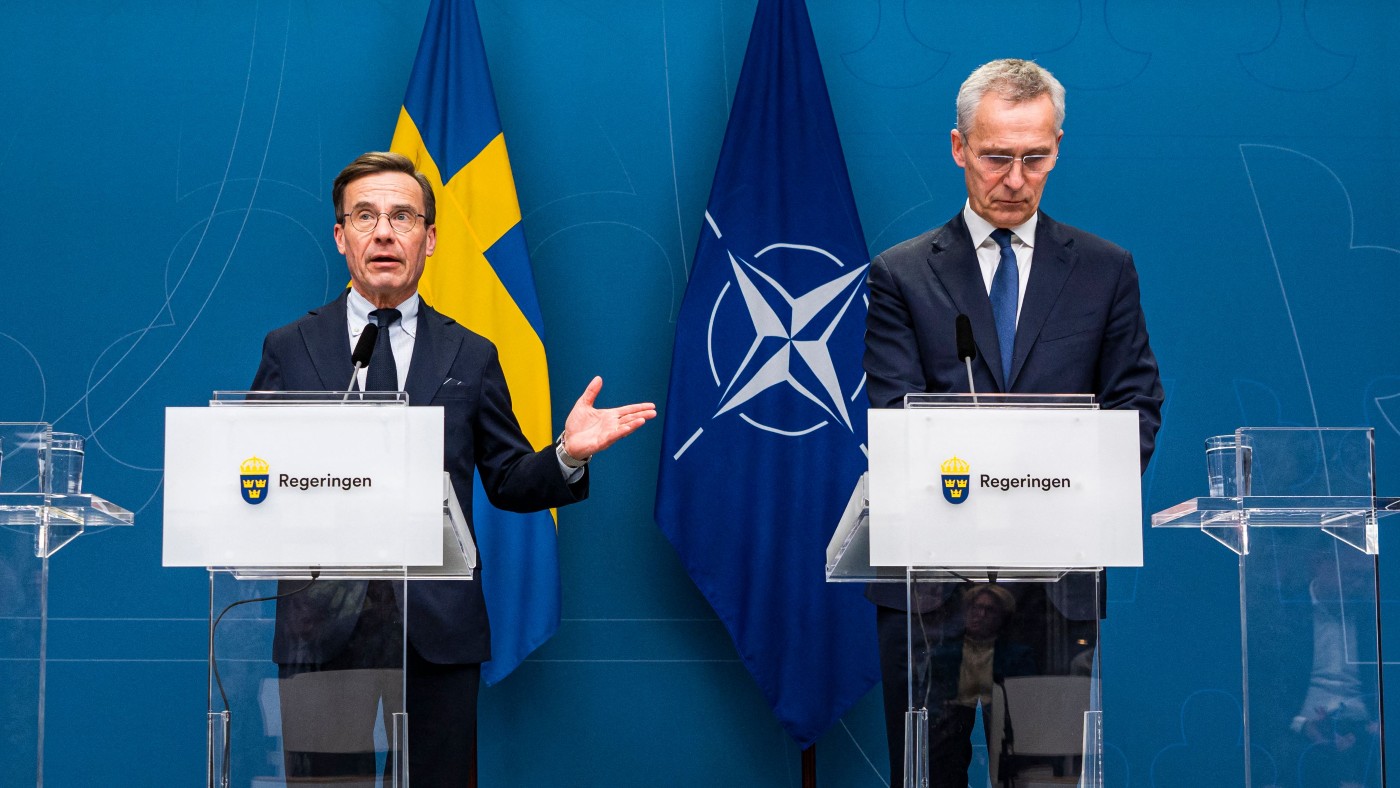 Non-aligned no longer: Sweden embraces Nato
Non-aligned no longer: Sweden embraces Natofeature While Swedes believe it will make them safer Turkey’s grip over the alliance worries some
-
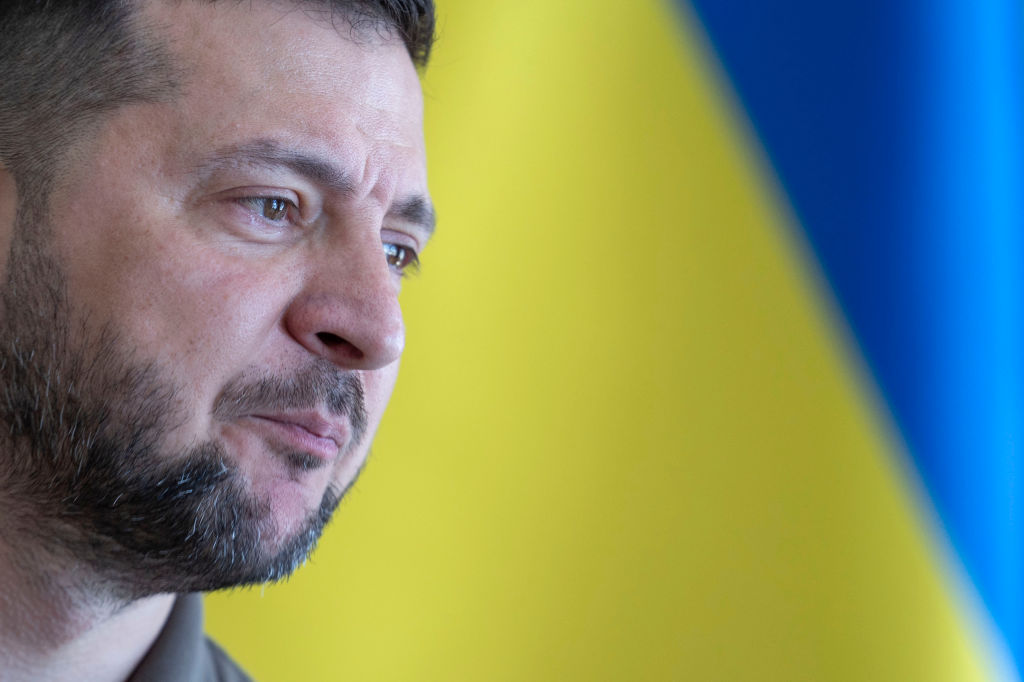 Should Ukraine be admitted to NATO?
Should Ukraine be admitted to NATO?Talking Point With this week's Vilnius summit, Ukraine's possible accession to the military alliance is more than a little top of mind
-
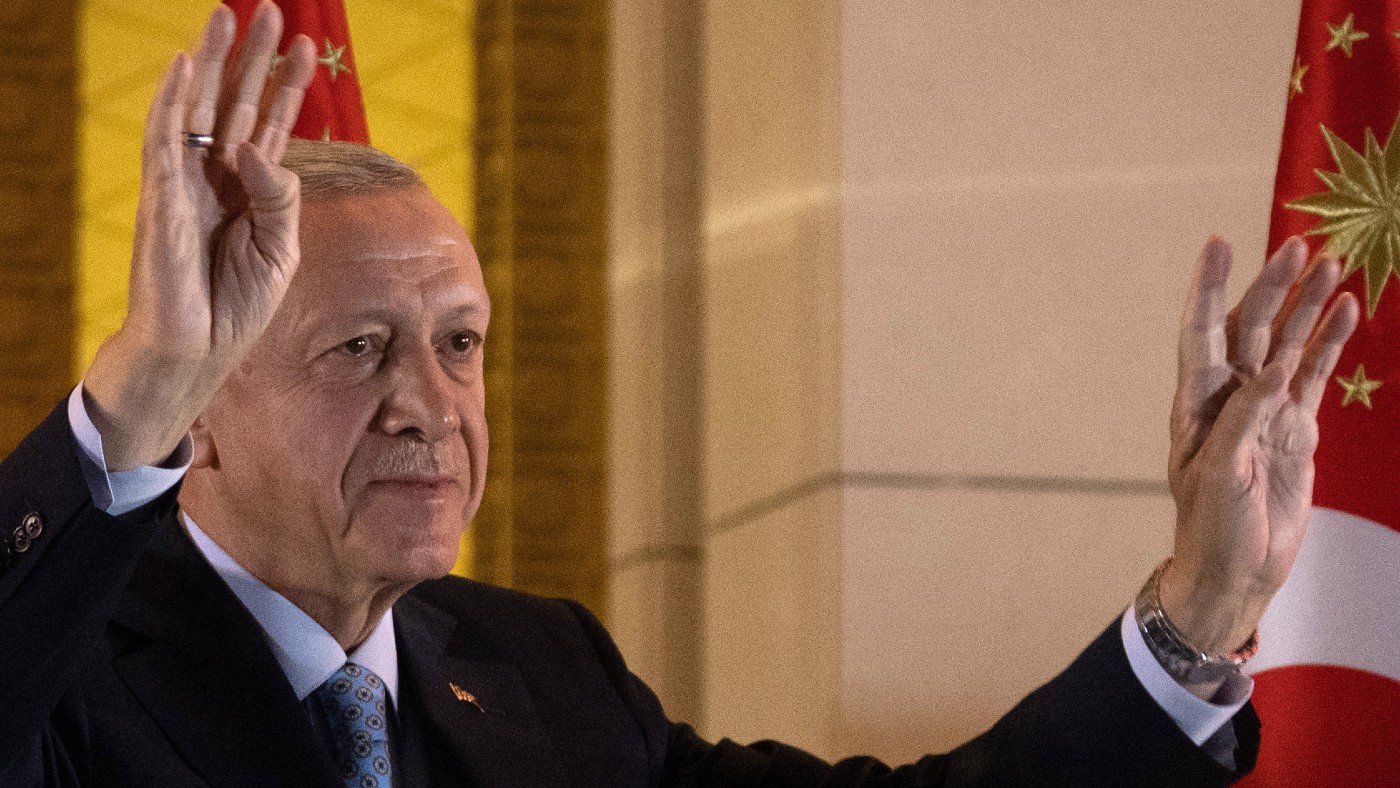 How Erdogan held onto power in Turkey and what this means for the country’s future
How Erdogan held onto power in Turkey and what this means for the country’s futurefeature Staunch support from religious voters and control of the media ensured another five-year term for Turkish president